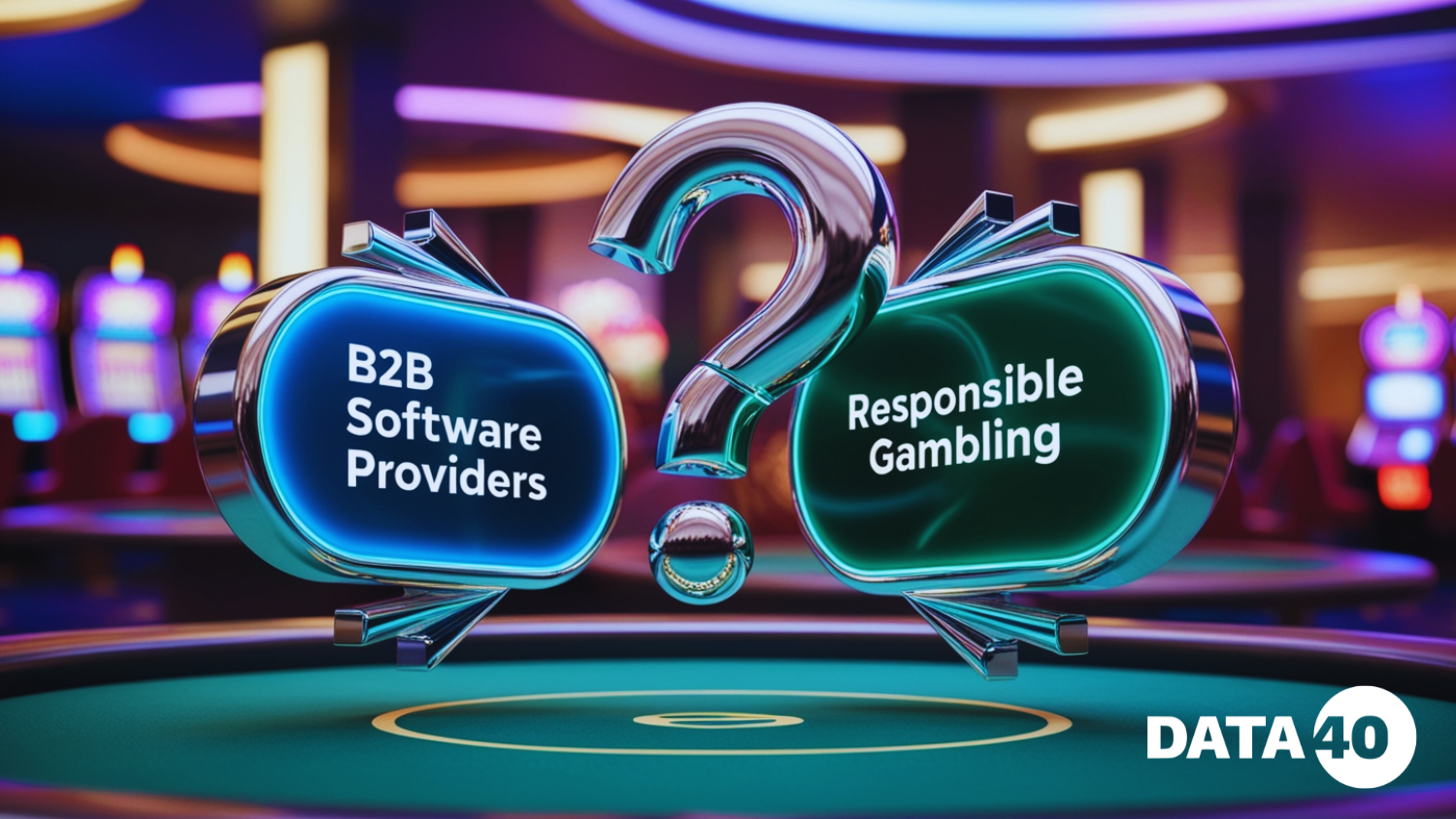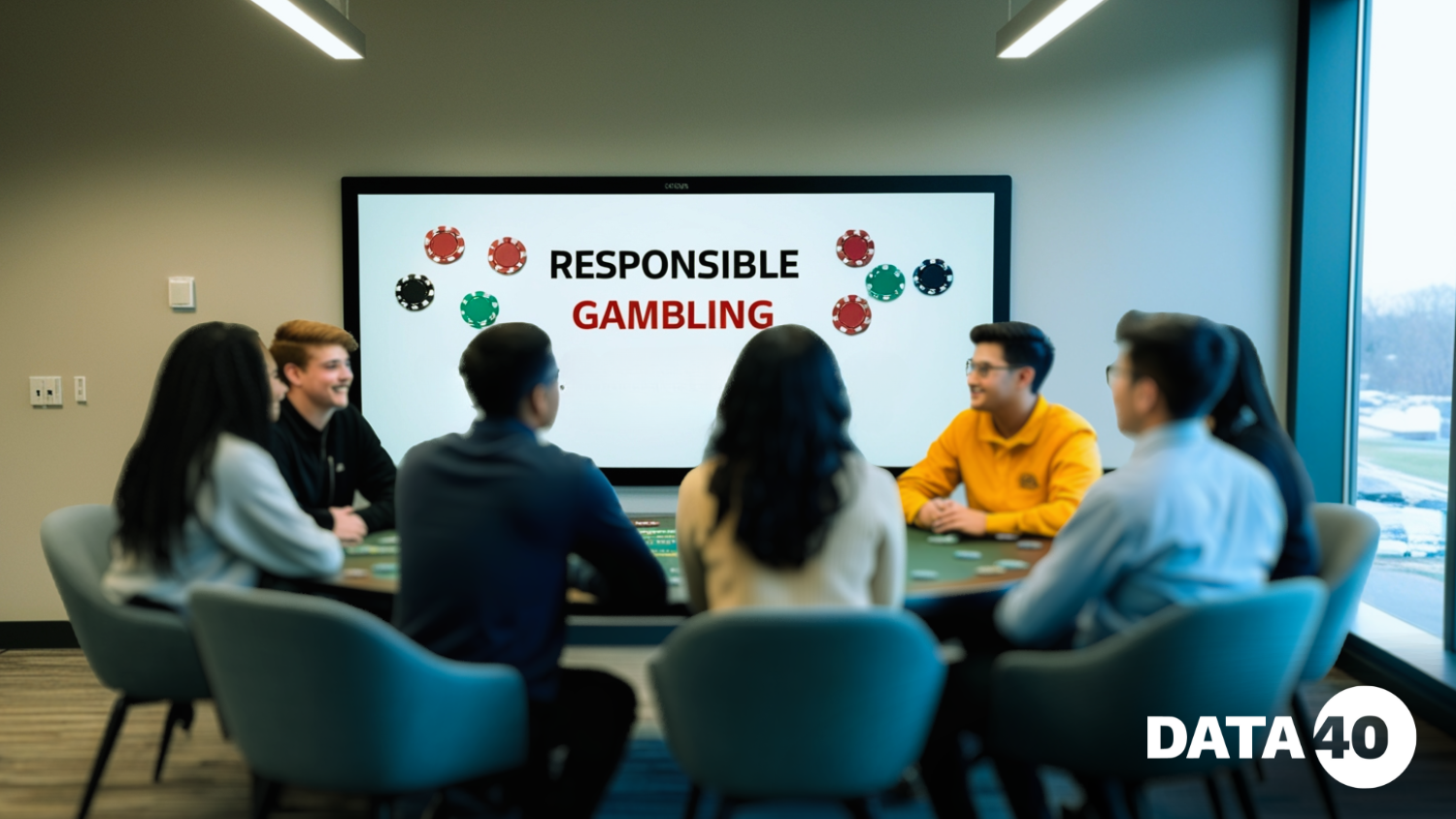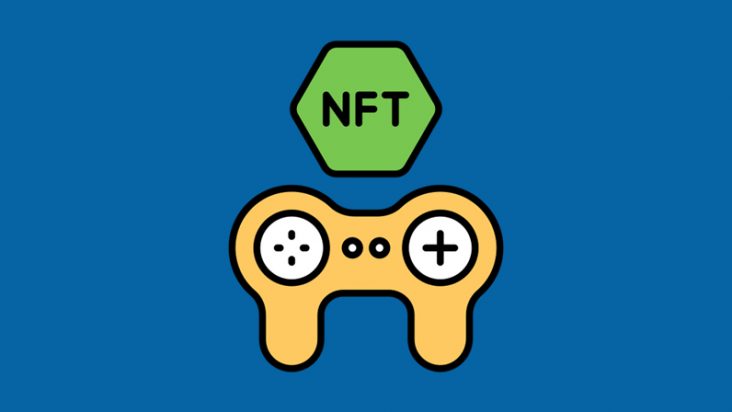Internal Policies and Employee Training in Responsible Gambling

The Materials section is a rich resource for individuals and organizations with a focus on data.
With thoughtfully curated articles, timely data releases, and a store stocked with ready-to-use data sets, this section caters to your data needs, empowering you to succeed in the dynamic world of data.
Our company information section provides comprehensive information about our services, pricing, team information, and contact details.
We aim to provide our visitors with all the information they need to make informed decisions about our services and build a strong relationship with our team.

The commitment to responsible gambling extends beyond customer-facing interactions; it requires a solid foundation of internal policies and employee training. In the iGaming industry, where B2B providers collaborate with operators, equipping teams to address gambling-related harm is crucial. This involves structured training programs, robust protocols, and awareness campaigns to ensure employees are aligned with responsible gambling principles.

In the article, B2B providers refer to companies that supply technology, software, or other services to online casino operators (B2C companies) without directly interacting with players. These providers operate on a “business-to-business” model, equipping operators with tools to manage gaming platforms, implement responsible gambling mechanisms (such as deposit limits or self-exclusion options), and comply with regulatory requirements.
B2B providers should participate in responsible gaming training, even if they do not interact directly with players, because of their critical role in supporting operators. These providers deliver tools and technologies that operators use to manage responsible gaming practices, such as deposit limits and self-exclusion mechanisms. To ensure these tools are effectively implemented and contribute to player protection, providers must understand the principles and goals of responsible gaming.
Regulatory compliance is another key reason for B2B providers to engage in training. Regulators often require all participants in the gambling industry, including technology suppliers, to adhere to responsible gaming standards. By participating in training, providers can ensure they meet these regulatory expectations and align with the broader framework of player protection.
Ethics and reputation also play a significant role. Involvement in responsible gaming initiatives demonstrates a commitment to ethical practices, which not only strengthens the provider’s reputation but also builds trust with operators, regulators, and other stakeholders. This commitment is increasingly vital in a highly scrutinized industry.
Furthermore, a deep understanding of responsible gaming principles enhances product development. By incorporating these insights, B2B providers can create more effective and safer solutions for operators, directly contributing to player protection and advancing the industry as a whole.
Unlike B2C operators, B2B providers are not subject to strict requirements for compliance with responsible gambling. However, many government and non-profit organizations require compliance with certain requirements from those who provide online gambling software.
The UK Gambling Commission presents a number of requirements for the technical support of B2b operators. The topic of responsible gambling is discussed in the paragraphs on responsible product design. For example, “The gambling system must not offer functionality which facilitates playing multiple slots games at the same time”. Summarizing all requirements it should be noted that these rules are designed to prevent gambling products from encouraging problematic behaviors, such as chasing losses, engaging in impulsive gameplay, or feeling incentivized to continue gambling after stopping. They emphasize player protection, mindful decision-making, and adherence to ethical standards in product design.
The National Council on Problem Gambling strongly advises operators, regulators, and vendors to collaborate with experts in problem gambling and responsible gambling during the design and implementation of internet gambling. Engaging these experts, alongside adhering to established guidelines, is crucial to reducing the inherent risks of gambling. Such measures aim to minimize gambling-related harms, including the development of problem gambling and addiction.

For B2B providers, customer support teams act as a bridge between operators and the tools provided to manage gambling activities responsibly. While these teams do not interact directly with players, they play a pivotal role in equipping operators to handle responsible gambling concerns. Training programs for B2B customer support focus on:
This approach ensures that B2B support teams are well-prepared to empower operators with the knowledge and tools necessary to uphold responsible gambling standards.
Robust internal workflows are essential for addressing and escalating responsible gambling concerns effectively. Key components of these protocols include:
These workflows ensure that any issues raised are handled consistently, aligning with regulatory standards and ethical practices.
Raising awareness among employees is a cornerstone of building a culture of responsible gambling. Certification programs and internal campaigns help ensure all staff understand their role in fostering safer gambling environments. Key initiatives include:
These efforts not only educate employees but also foster a sense of accountability and commitment across the organization.
In offline settings, training programs for employees may include simulated scenarios to improve decision-making and problem-solving related to responsible gambling. This type of training is especially relevant for regulatory compliance teams and those managing B2B customer relations.
However, unlike land-based casinos, online casino employees typically do not interact directly with players, which raises the question of cross-policy development. Collaboration between providers and operators is crucial to ensure alignment in responsible gambling practices. Providers must offer operators the necessary training and tools while respecting the distinct roles and boundaries of each entity.
Effective internal policies and employee training are fundamental to the success of responsible gambling initiatives in the iGaming industry. By equipping B2B customer support teams, establishing clear internal protocols, and fostering employee awareness, companies can ensure their teams are prepared to address gambling-related concerns proactively.
While the lack of direct player interaction in online casinos limits some responsibilities, cross-policy development and collaboration between providers and operators ensure a cohesive approach to player safety. These measures reinforce the industry’s commitment to ethical practices, regulatory compliance, and, most importantly, the well-being of its players.

Web3 games have evolved from being new and largely speculative projects focused on short-term earnings to more mature ecosystems, where blockchain serves both as a financial incentive and as a […]

In the world of Web3 games, the idea of Play-to-Earn has long been perceived as a revolution: players could receive real tokens for in-game activity. In practice, it has become […]

While many Web3 projects remain stuck in a perpetual alpha or beta phase for years, Korean gaming companies continue to regularly release large-scale MMORPGs, relying on well-established development processes and […]

Many modern Web3 projects, especially metaverses and blockchain games, remain in beta testing for years: the team publishes frequent status reports, releases regular updates, promises major releases, yet a full-scale […]

The gaming industry is a form of mass culture, where players have a wide range of abilities. Accessibility is not a “checkbox feature” but a fundamental part of product design: […]

Initially, the term P2E (Play-to-Earn) was primarily associated with token farming: players in Web3 games received rewards simply for spending time in the game, usually through “token farming + selling […]